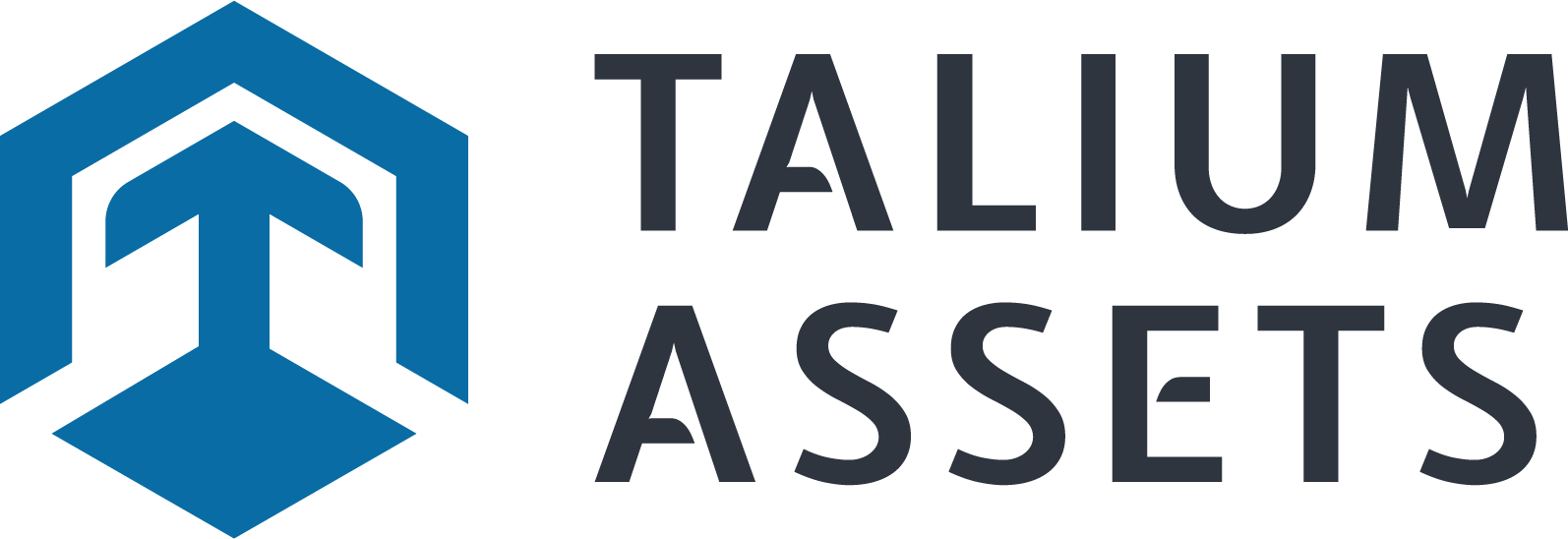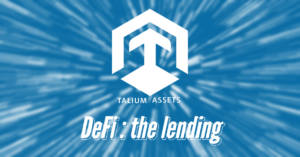The real estate sector is one of the most interesting use cases when we want to talk about the advantages of tokenization. It is the sector in which most investment is made worldwide, far ahead of all other markets. But it is also one of the least liquid markets. Even though crowdfunding has tried to solve this problem, real estate still has disadvantages: it lacks transparency, requires a lot of money, and is only suitable for long-term investment. However, needs have changed: rental or purchase periods are getting shorter, there are more owners, there is more and more cohabitation and administrative complications remain a major obstacle.
But we are lucky, the blockchain (or other distributed registry technology) is here to disrupt the environment!
As a reminder, before going further in this article, tokenization consists in digitizing financial securities on a blockchain type technology. In the case of real estate, it is the company behind the property in question whose securities are digitized. The digitized securities are called tokens. The blockchain is a type of data structure where information is stored and can not be changed or deleted. The blockchain is immutable. Thanks to its structure, it also allows the transfer of value.
A better liquidity
Real estate represents the largest asset class in the world, but also the least liquid. Traditionally, a property is sold once every 20 or 30 years and in a single unit. With the blockchain, it is possible to sell the property in one non-fungible token or several fungible tokens. Either the company behind the property digitizes a single token representing the whole property (and thus a share that represents 100% of the company), or several tokens, to fragment the property. Thus, instead of having one transaction every 20 or 30 years, we move to hundreds or thousands of transactions per minute.
This strong liquidity also brings advantages to the investor, who will be able to diversify his investments more easily.
Traceable
If we take the real estate project from its birth (construction), we note that there are many steps until the delivery of the property. During this process, many losses take place. The traceability offered by the blockchain technology is an undeniable advantage. The hashs of the information related to the construction plan, the materials used, etc. and their flows can be recorded on the blockchain. This is currently the most widely used feature of this technology, but it is still very little used in the real estate sector.
Transparency for greater trust
The blockchain provides unprecedented data transparency. Once data is written in the blockchain, it can no longer be removed. It allows the management of value, rights, and data transfer in a totally transparent way. This quality is used for authentication.
Let’s take the example of the Georgian National Agency for Public Registry (NAPR) which does authentication on Bitcoin. A hash of the property title is written on the blockchain and corresponds to the hash of the same title written on the NAPR site and thus proves its authenticity. It is important to note that it is not the data that is registered on the blockchain, it is not made for that purpose. It is the hash of the data, its digital fingerprint, which is written on it and protected by cryptography.
This feature increases investor confidence.
Process Automation
Smart-contracts allow certain processes to be automated. It is in the smart-contracts that all the characteristics of the tokens are parameterized, for example, how many will be created? When will it be created? What rights do they give? etc.
They determine how many tokens the securities of the real estate company that owns the property or properties in question are divided, whether they give voting rights or not, whether they give dividend rights, how much, etc.
It is also possible to automate the payment of a rent on the blockchain, which would make it possible to have a proof of payment and not have to ask for a rent receipt. Same advantage with the lease, it can be directly registered on the blockchain and only the hash of the lease registration will then be provided if necessary.
Reduction of intermediaries and costs
The automation brought by smart-contracts makes it possible to do without certain intermediaries who traditionally intervene in the sale or purchase of a property. They can automate the administration, control and payment of contractors and suppliers in the real estate sector (e.g.: cleaning staff, craftsmen…). A 2019 Fibree report estimates a possible 70% reduction in administrative costs thanks to the blockchain.
Also, as we have just seen in the previous point, since everything is set up in the smart-contract, there is no need for a traditional financial intermediary to pay dividends or give the right to vote: generally, it is the platform that allowed the issuance of the tokens that supports this management.
Another example of reducing intermediaries is the decentralization of Airbnb. Automation makes it possible to do without such a platform. The counter-argument is often put forward that it would then be difficult to detect scams, but it is possible to reduce this risk by managing identities and alerts in the event of a problem.
Nevertheless, it is difficult to do without certain intermediaries. The notary is important in order to verify the condition of the property before transferring ownership, whether partial or total. Secondly, the property register is not digitized like the register of title movements. This final action is always to be done outside the blockchain until the law evolves.
Acceleration of processes
In line with the two previous points, automation also has the great advantage of making processes faster. The reduction of intermediaries makes it possible to dispense with certain steps that previously took time. The use of the blockchain is unbeatable for issuing, selling, and reselling tokens.
In order to issue the tokens, the company must prepare a prospectus, or another document, depending on the jurisdiction, and depending on the amount to be tokenized. Once this document is completed and the characteristics of the token are determined, the issue can be done in 5 minutes. Each purchase/sale of the tokens will be done just as quickly after validation of the KYC of the buyers/resellers, which will take less time than in a traditional scheme.
Secondary market
One of the greatest advantages of tokenization is the ability to sell the tokens on a secondary market. It is important to remember that in the case of real estate (or even art, for that matter), it is the company that owns the property that is tokenized. Thus, on the secondary market, it is financial securities that are traded there.
This has the consequence of making the real estate sector even more liquid. Indeed, thanks to the opening to these new markets, it brings much more investors, and thus improves liquidity.
Investor control
More investors and more choice for investors: token splitting helps lower prices. Instead of owning a whole property, it is possible to own 2, 5, or 60% of the shares of the company that owns the property and recoup the profits. This makes it easier to invest and diversify investments.
This has the side effect of increasing the attractiveness of this type of investment and ultimately making the market even more liquid.
Greener
As highlighted in the Fibree 2019 report, improved efficiency and transparency in real estate processes will save resources and reduce carbon emissions (and will do so even more so when evolutions occur). “The industry is moving from linear processes – where a building lasts forever – to sustainable real estate, and circular solutions that focus on reuse, limiting the deterioration of materials and reducing resource use and the CO2 footprint. These mechanisms and processes can be made more efficient through blockchain technology, as it can help manage the complexities of the circular economy“.
As we have just seen, blockchain and similar technologies have much to contribute to the real estate sector. However, in order to be able to make processes more efficient from end to end, changes are still needed, especially in the area of legislation. As far as the movement of securities is concerned, the DEEP decree (In France) has been able to change the world of shareholding, and it is thanks to this that it is possible to digitize the financial securities of real estate companies. The digitalization of industries is inevitable. It is necessary that all the actors of the industry use the new technologies to their advantage right now, in order not to miss the train.



